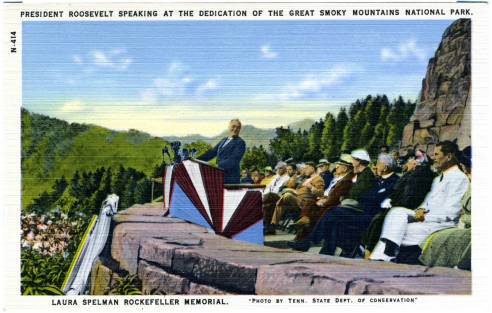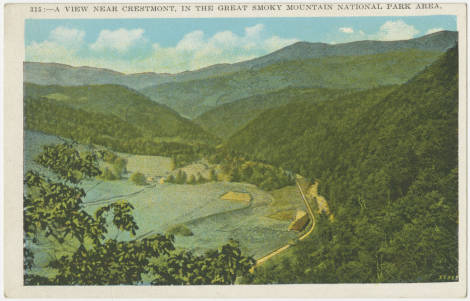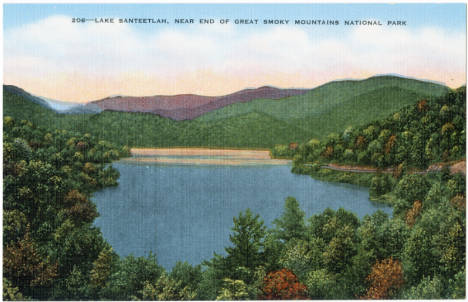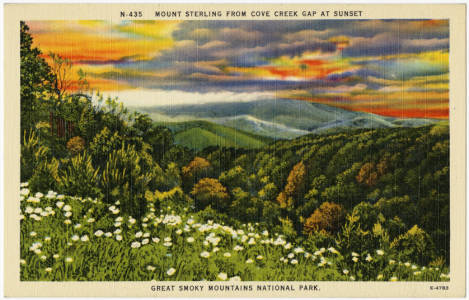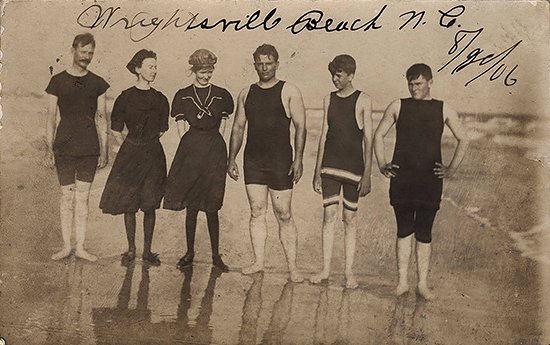“Once again, Maine Gov. Paul LePage is in trouble, and race is at the heart of the matter…. Talk is once again circulating about removing the governor from office.
“Over the course of American history, there have been 17 instances of gubernatorial impeachment, with eight convictions resulting. The last governor to be impeached [was] Rod Blagojevich of Illinois….
“While the power of impeachment has been a feature of state constitutions since the founding of the republic, it was never used until the Civil War….
“The first conviction of an impeached governor occurred in the post-Civil War period, when North Carolina’s Democratic legislature convicted Republican William Holden for using martial law to protect the rights of freed slaves against white racial terrorists. (Back then, the Republicans were the party of civil rights.) This era, during which Southern white supremacists engaged in a political insurgency against the victorious Union government for control of Reconstruction in the defeated Confederate states, witnessed nearly half of all gubernatorial impeachments in American history….”
— From “A LePage impeachment would repeat — and reverse — impeachment’s race-based history” by Patrick Rael in the Bangor Daily News (Aug. 29)

